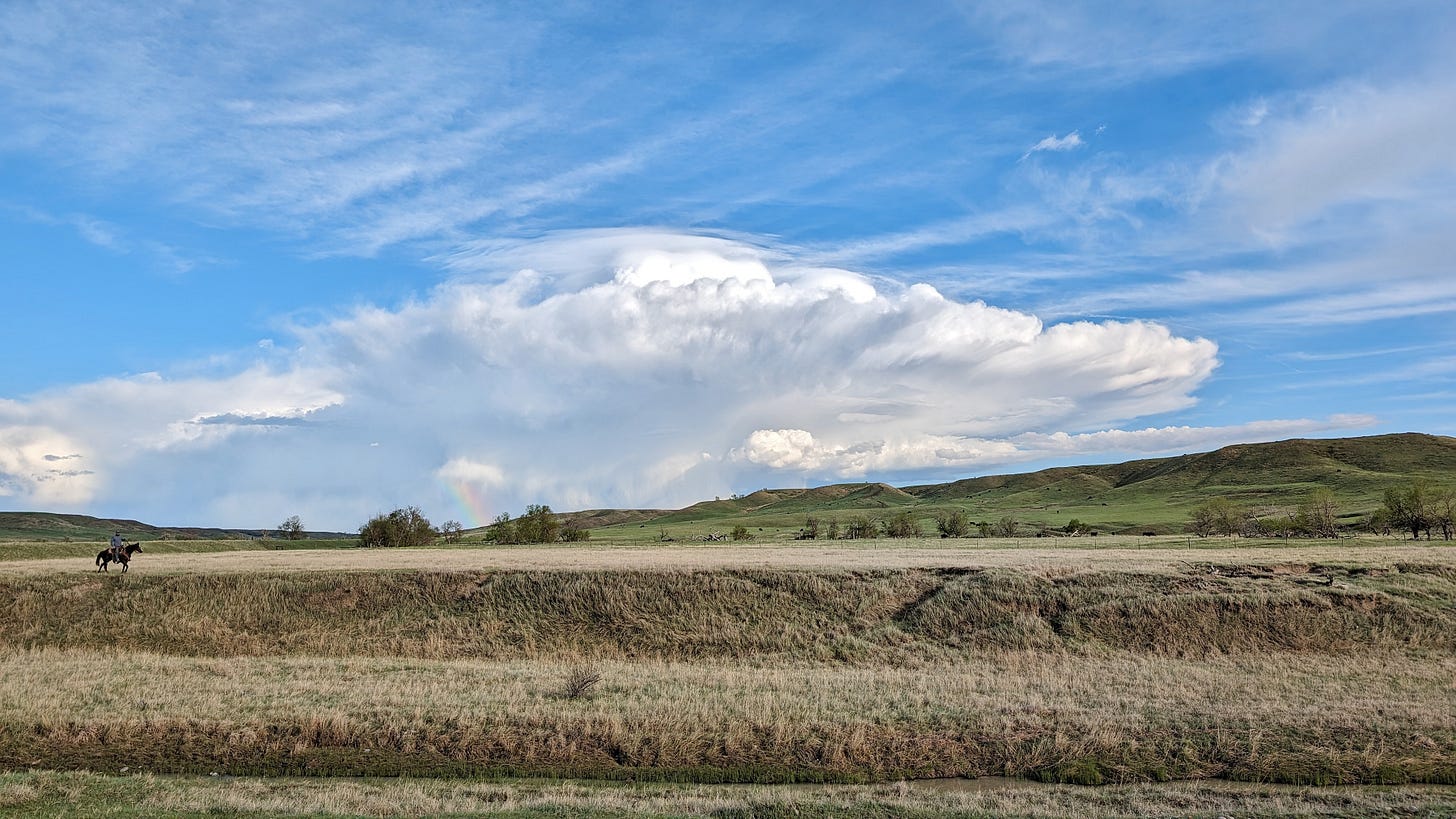EXCLUSIVE: Heather Maude on where her case stands, her experience with USDA, and why it's not over yet
Six months after the press conference in D.C., Heather fills us in on what's happened since and answers your questions.
For ranchers in the West, Heather Maude became the reluctant face of government overreach when she and her husband Charles were threatened with 20 years in prison over a fence on their South Dakota ranch.
It wasn’t a fight she saw coming.




